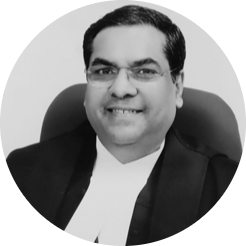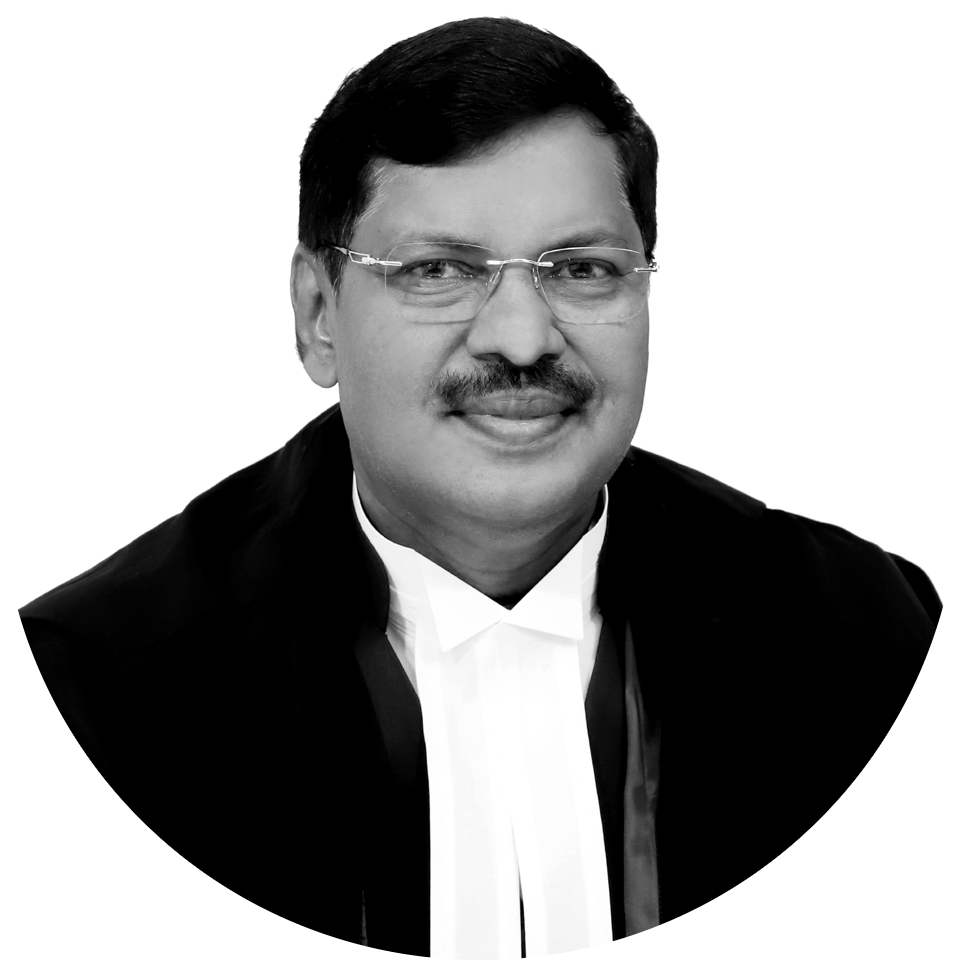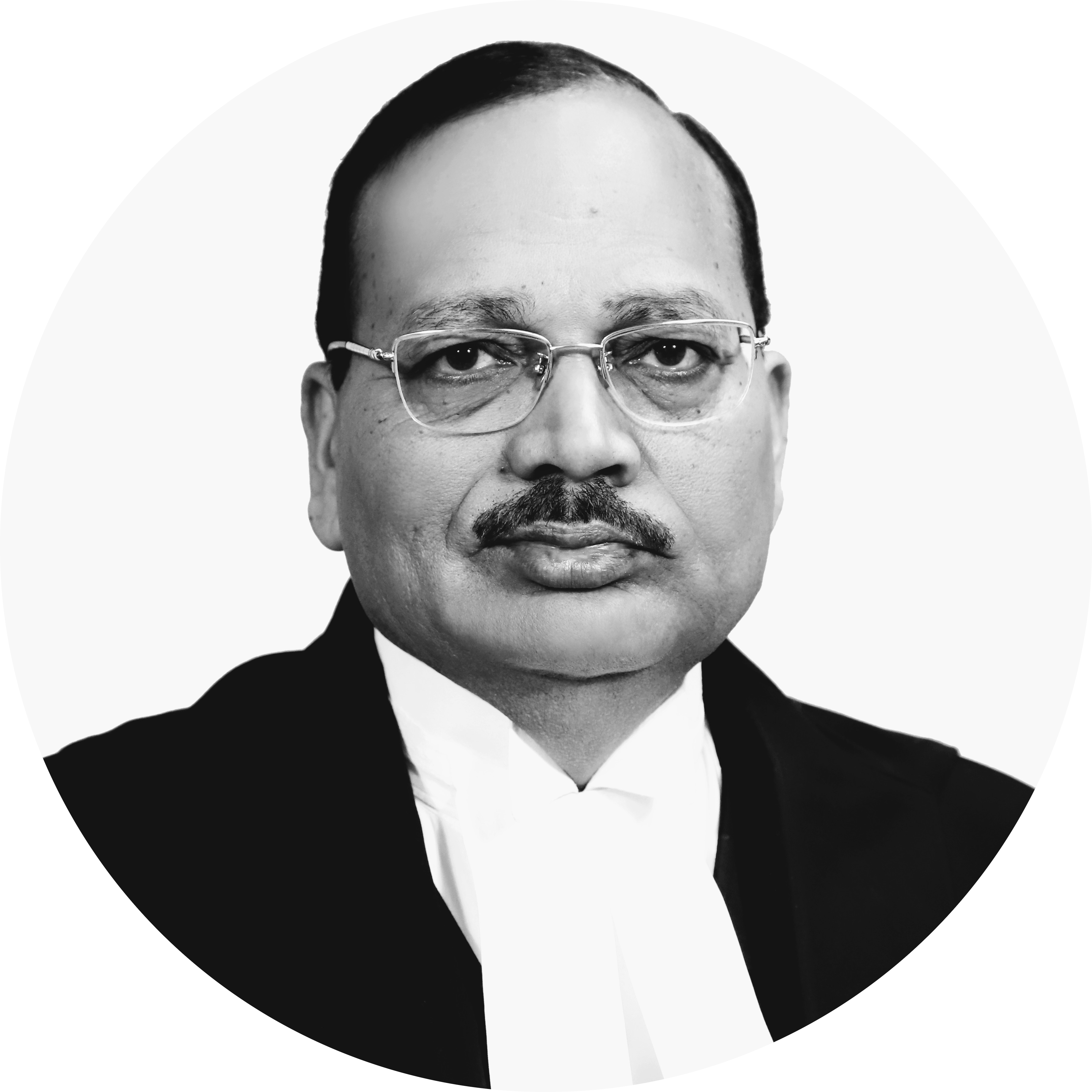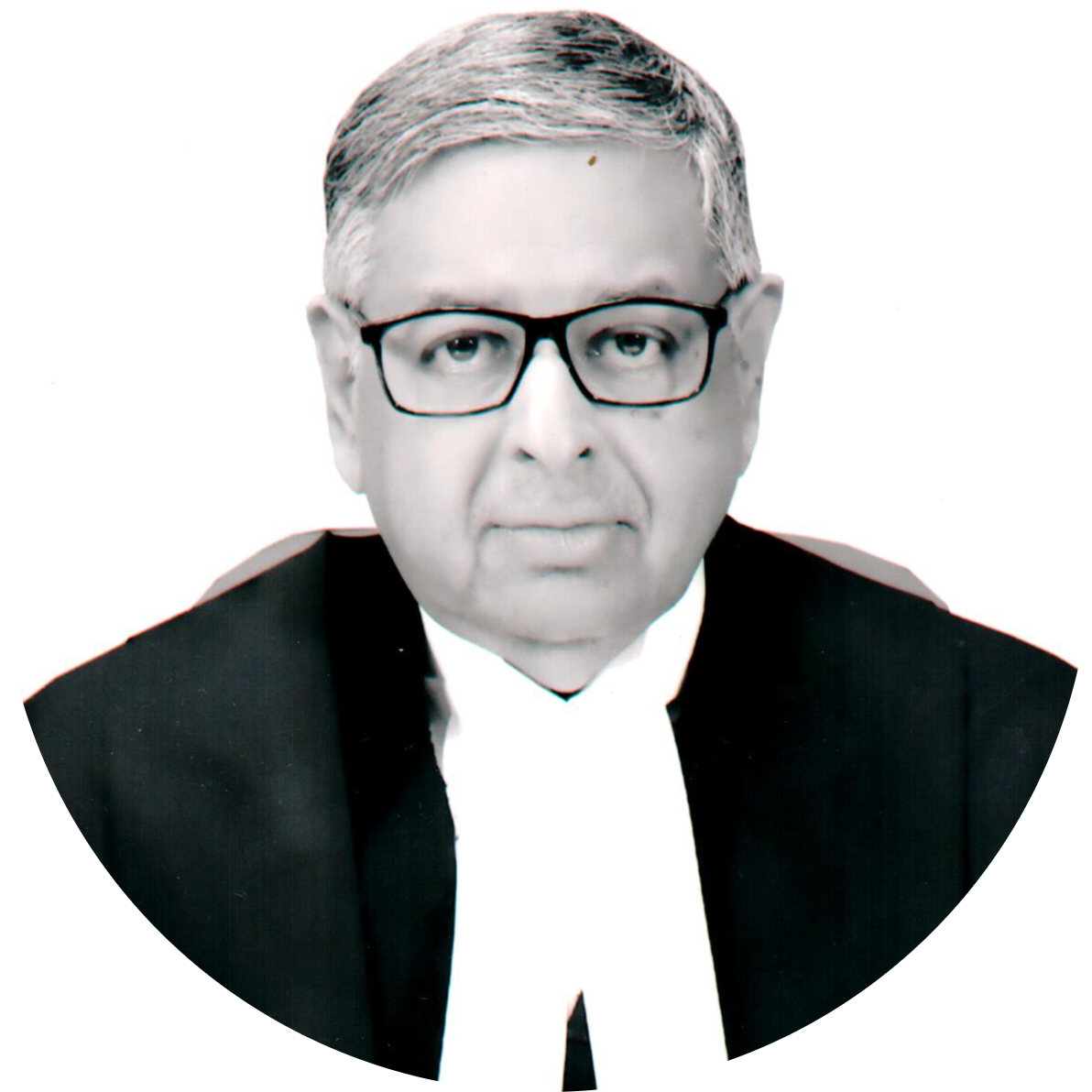Suo motu cognisance of clashing Calcutta High Court Orders
In Re: Orders of Calcutta High Court dated 24.01.2024 and 25.01.2024 and ancillary issues
The Supreme Court took suo motu cognisance of conflicting orders of two benches of the Calcutta High Court, where Justice Abhijit Gangopadhyay also levied allegations of misconduct on Justice Soumen Sen.
Pending
Parties
Party 1: State of West Bengal
Lawyers: Sr. Adv. Kapil Sibal
Party 2: Calcutta High Court
Lawyers: Adv. Aastha Sharma
Party 3: CBI
Lawyers:
Case Details
Case Number: SMW (C) No(s).1/2024
Next Hearing: February 19, 2024
Last Updated: January 30, 2024
Key Issues
Can a bench of a lower quorum ignore an Order passed by a bench of a higher quorum?
Can an Order in an appeal hearing be passed without an appeal memorandum and an impugned order?
Case Description
In September 2023, Ishita Soren, an aspiring medical student moved the Calcutta High Court under Article 226. She claimed that fake certificates were being issued to persons not belonging to the Scheduled Tribe category to secure medical seats in West Bengal. As a result, she alleged that she had missed out on admission in the National Eligibility Entrance Test (NEET).
Justice Gangopadhyay v Justice Sen
On 24 January 2024, a single-judge bench of the Calcutta High Court presided by Justice Abhijit Gangopadhyay passed directions ordering a CBI probe in the case. Immediately after, Kishore Datta, the state’s Advocate General mentioned the case before a Division Bench comprising Justices Soumen Sen and Uday Kumar. He claimed that the petitioner did not even ask for a CBI probe in the case.
The Division Bench stayed the CBI probe in an order on 24 January 2024. Subsequently, on 25 January 2024, Justice Gangopadhyay issued an Order in response to the Division Bench’s decision, questioning their jurisdiction to stay the probe without an appeal memo and that single-judge bench Order. He also pointed out that the Advocate General had refused to provide reasons to justify the urgency of mentioning before a Division Bench.
Controversially, Justice Gangopadhyay’s 25 January Order accused Justice Sen of political bias and “misconduct.” “What Justice Sen has done today is to advance the cause of his personal interest to save some political party in power in this State. Therefore, his actions clearly tantamount to misconduct,” the Order said.
The Order also highlighted an incident in which Justice Sen allegedly nudged Justice Amrita Sinha of the Calcutta High Court to not interfere in two writ petitions against Abhishek Banerjee, the General Secretary of the All India Trinamool Congress Party pending before her Bench. “Thus, Justice Sen is acting clearly for some political party in this State and, therefore, the orders passed in the matters involving State, are required to be relooked if the Hon’ble Supreme Court thinks so,” the Order said.
Justice Gangopadhyay’s Order also pointed out that in 2021, a Supreme Court Collegium resolution had recommended Justice Sen’s transfer to the Orissa High Court, which never came to be. “Who are the persons behind him, who are saving him from such transfer whereby the order of the Supreme Court Collegium can be ignored…” the Order said.
With regards to Ishita Soren’s petition, the Order stated that she could not be accommodated given that others belonging to the ST category outranked her as per a list submitted by the West Bengal Medical Counseling Committee (WBMCC). However, the CBI was directed to investigate if all the certificates were valid.
Lastly, after making it clear that he “ignored” the Division Bench order, Justice Gangopadhayay requested the Chief Justice of India to “relook” at the matter.
Supreme Court takes suo motu cognisance of the case
The Supreme Court was quick to act. On 26 January 2024, the Supreme Court released a notification stating that a Special Bench of the Supreme Court comprising CJI D.Y. Chandrachud with Justices Sanjiv Khanna, B.R. Gavai, Surya Kant and Aniruddha Bose would assemble on Saturday 27 January 2024 to address the matter. The scheduling of the hearing on a Saturday, a non-working day for the Court, was an unusual practice reserved typically for grave and urgent cases.
The top court took suo motu cognisance of the case and titled it “In Re: Orders of Calcutta High Court dated 24.01.2024 and 25.01.2024 and ancillary issues.”
On 27 January 2024, the Special Bench did not hear the case on merits. Instead, they stayed all proceedings at the Calcutta High Court, issued notice to the parties and decided to hear the case on Monday 29 January 2024.





